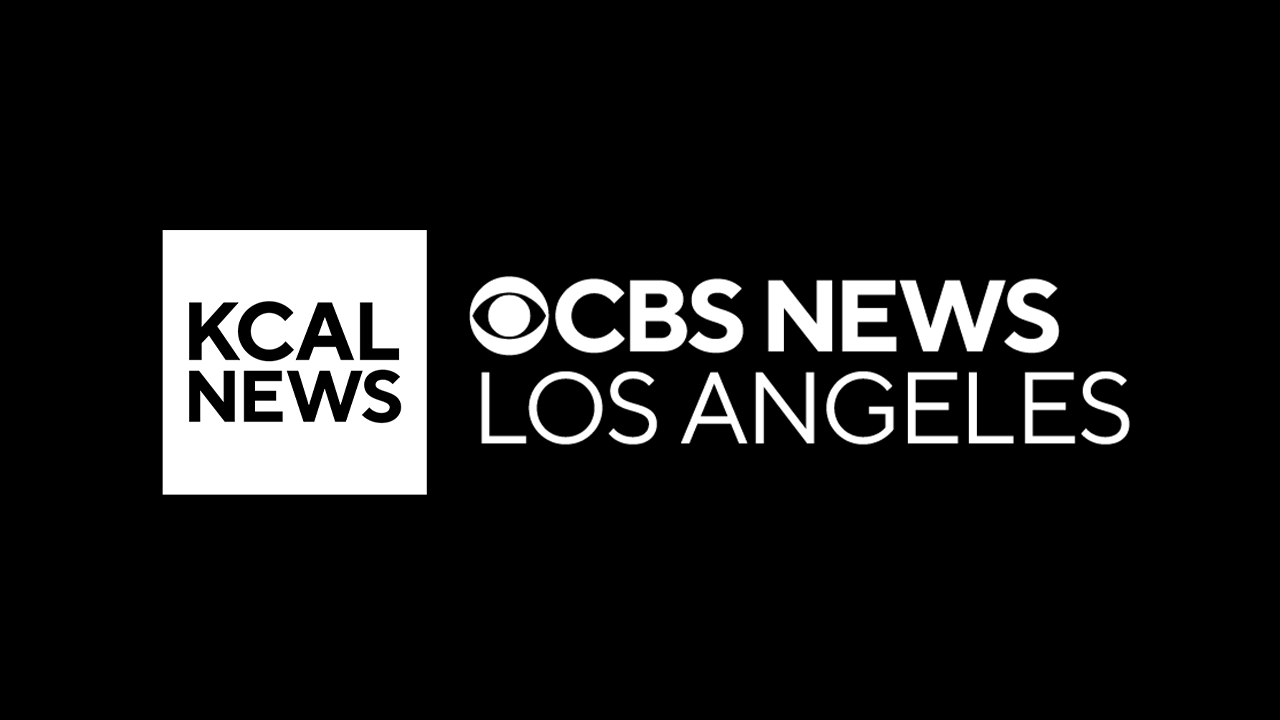18. August 2013
Am Donnerstag kehrte Debbie Rowe, Michaels ex-Frau in den Zeugenstand zurück. Dabei ging es u.a. um Paris Jackson, ihre mit Michael gemeinsame Tochter, sowie Michaels niedrige Schmerztoleranz und seine Ärzte.
Debbie sagte, dass sie Paris näher stehe als ihrem Sohn Prince und dass sie oft miteinander telefonieren oder sich texten. Als sie gefragt wurde, wie sich Michaels frühzeitiger Tod auf Paris ausgewirkt habe, sagte Debbie: “Ihr Vater ist tot. Ich habe fast meine Tochter verloren. Sie ist am Boden zerstört,” weinte Rowe im Zeugenstand. “Sie hat versucht, sich das Leben zu nehmen… Sie hat das Gefühl, sie habe kein Leben mehr”, so Rowe. Paris wird zur Zeit noch immer in der Klinik behandelt als Auswirkung ihres Selbstmordversuches Anfang Juni.
Am Mittwoch drehte sich Debbies Befragung durch AEG Anwalt Marvin Putnam um die rezeptpflichtigen Medikamente im Zusammenhang mit der Kopfhautoperation nach dem Unfall beim Pepsi-Dreh sowie zwei Momente auf Tour in Deutschland, als Ärzte Michael mit Propofol behandelten, um seine Schlafprobleme zu lösen. Die ersten Aussagen am Donnerstag waren im Zusammenhang mit Michael Jacksons Hautproblemen, inkl. der Weissfleckenkrankheit Vitiligo. “Alle sagten, er bleiche seine Haut, aber das stimmte nicht”, so Rowe. Viele der Besuche bei Dr. Arnold Klein, wo Debbie Rowe 18 Jahre lang als medizinische Assistentin gearbeitet hatte, waren im Zusammenhang mit der Behandlung von Vitiligo. Michael machte sich Sorgen, “dass die Leute seine Krankheit oder die Entstellung sehen würden,” so Debbie. Debbie Rowe erwähnte zudem, dass Michael Jackson an Diskoiden Lupus erythematodes (Hautlupus) litt, die sein Hautgewebe erweichte, v.a. an der Kopfhaut.
Wie am Mittwoch bereits erwähnt, ging es bei Debbie Rowes Aussage auch um die Behandlung von Michaels Schlafproblemen mittels Propofol durch zwei deutsche Ärzte, zweimal während der HIStory Tour in München. Dr. Allen Metzger, der damalige Hausarzt von Michael Jackson, hatte dies arrangiert, nachdem Michael sich über akute Schlafprobleme beklagt hatte und die ordentlichen Schlafmedikamente auch keine Wirkung gezeigt hatten. “Ich glaube, sie hatten es versucht, und es hatte nicht funktioniert, und wenn er nicht schlafen konnte, konnte er auch nicht performen”, so Debbie. Michael Jackson “war am Ende seiner Kräfte; er wusste nicht, was er sonst tun sollte.” Nach acht Stunden unter dem Einfluss des “schlaffördernden” Mittels Propofol habe er sich besser gefühlt und so entschied er, sich nach dem zweiten Auftritt in München noch einmal einer Propofolbehandlung zu unterziehen. CNN erinnerte daran, dass Dr. Metzger beim Prozess gegen Conrad Murray ausgesagt hatte, dass er bei Propofolbehandlungen für Michael Jackson nie involviert gewesen war und er sich erst viel später über Propofol bewusst wurde.
Was ihre frühere Aussage anbelangte, dass Michael Jackson auch in Frankreich während der HIStory Tour Propofol verabreicht wurde, angelangt, so hatte sie dies diese Woche berichtig bzw. widerrufen.
1993 wurde Michael Jackson wegen seiner Verbrennung infolge des Pepsi-Drehunfalls 1984 operiert. Seine Ärzte waren nicht im Stande, seine Schmerzen unter Kontrolle zu halten bzw. zu beseitigen und zwei Ärzte hatten sich damals konkurrenziert, wer ihm das bessere Medikament verabreichen konnte, so Debbie Rowe. Debbie hielt fest, dass Michael eine sehr niedrige Schmerztoleranz hatte “und seine Angst vor Schmerzen war unglaublich. Und ich glaube, die Ärzte hatten dies ausgenutzt”.
Debbie Rowe sagte auch aus, dass viele der Ärzte, die Michael behandelten, “Idioten” waren, einschliesslich Dr. Arnold Klein, für den sie von 1979 bis 1996 gearbeitet hatte. “Michael hatte einen riesigen Respekt vor Ärzten, dass sie zur Schule gegangen waren, studiert hatten… um keinem zu schaden”, so Debbie Rowe. “Leider entschieden einige dieser Ärzte, dass wenn Michael Schmerzen hatte oder so, sie versuchen würden, sich gegenseitig zu überbieten, wer ihm das bessere Medikament geben könnte, und er hörte auf diese Ärzte” und vertraute ihnen.
Dr. Metzger hatte einen Plan aufgestellt, Michael Jackson dabei zu helfen, vom Schmerzmittel Demerol loszukommen, das er erstmals wegen seiner Schmerzen an der Kopfhaut 1984 erhalten hatte. Aus dem Plan wurde jedoch nichts, als Michael Jackson mit der “Dangerous” Tour weiterfuhr, so Debbie Rowe. Nach sechs Wochen, als die Tour im Herbst 1993 Mexico City erreicht hatte, war Michael Jackson, wie uns bereits ausreichend bekannt ist, in einem miserablen Zustand. “Er war deprimiert” (dies war die Zeit, als Michael Jackson des sexuellen Missbrauchs an Jodie Chandler bezichtigt wurde). “Er hatte irgendwas genommen. Ich weiss nicht was oder woher er es hatte”. Nachdem sie drei Tage lang diskutiert und gestritten hatten, sagte Debbie Rowe, dass sie Michael Jackson davon überzeugen konnte, seine Tour frühzeitig zu beenden und sich zwecks Medikamentenentzug in eine Klinik einzuweisen zu lassen. “Du musst dich dem stellen, was da abgeht und dann schaffen wir das”, so Debbie zu Michael. Debbie Rowe sagte, dass Michael Jacksons Medikamentengebrauch kein Geheimnis war unter den Leuten der “Dangerous” Tour Produktion. AEG Lives Co-CEO Paul Gongaware, zur Erinnerung, war damals Tourmanager.
Debbie Rowe sagte auch aus, dass der plastische Chirurg, Dr. Steven Hoefflin, in zwei Fällen ein Prozedur vorgetäuscht hatte. Michael Jackson hatte sich über schmerzhafte Narben an seiner Nase beklagt und war zu Dr. Hoefflin gegangen, damit dieser ihm Kollagen spritzen konnte. Hoefflin hatte Michael gesagt, dass er die Prozeduren vorgenommen hatte, obwohl dies nicht stimmte. “Er hatte Michael unter Narkose gestellt und hatte nichts gemacht, ausser ihn bandagiert, wie wenn er ihn behandelt hätte”, so Debbie Rowe. Dr. Hoefflin hatte ihr damals gesagt, er habe dies gemacht, weil er die Narben, von denen Michael dachte, dass sie da waren, nicht finden konnte.
Quellen: jackson.ch, cnn.com, latimes.com
Weiterlesen unter http://www.jackson.ch/the-jacksons-v...n-aeg-12-teil/
Copyright © jackson.ch






 ,wirds gleich mal verbessern.
,wirds gleich mal verbessern.

Kommentar